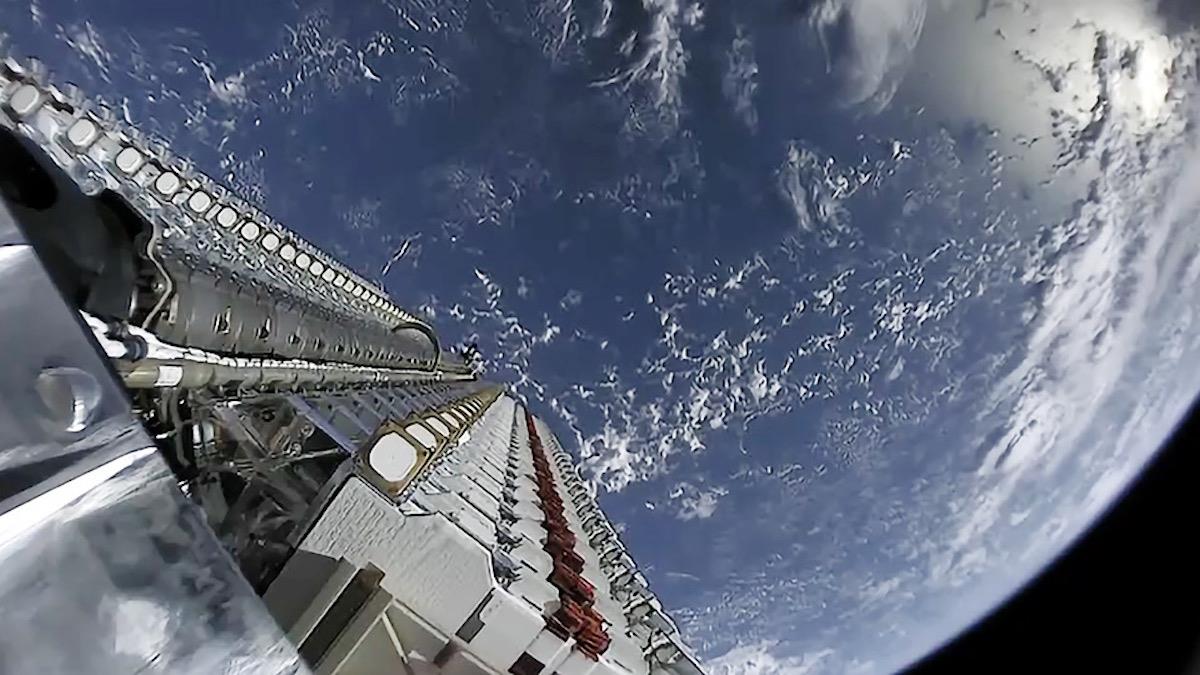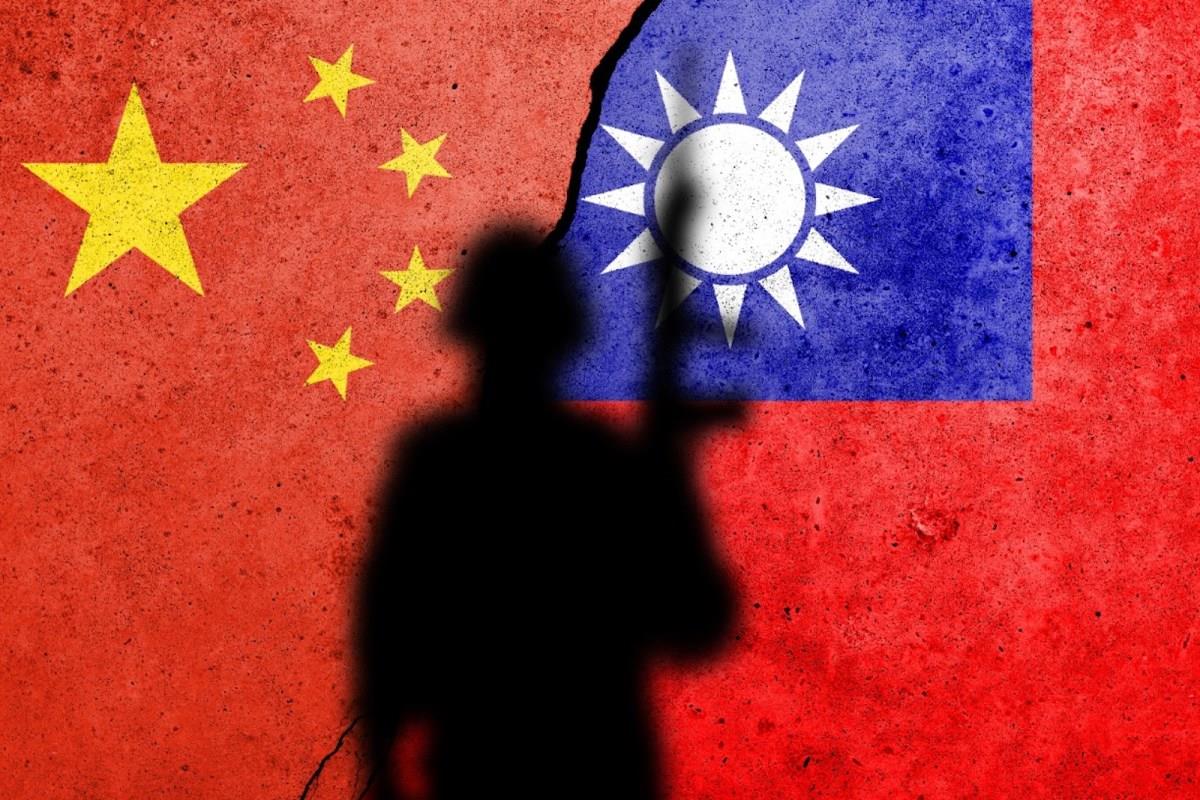For cross-Strait relations, this election may be the most significant in history. China is becoming militarily capable of attempting a forcible annexation of Taiwan, and Beijing seems convinced that the United States is pushing Taiwan toward permanent independence.
The Chinese government has committed itself to going to war if necessary to prevent the permanent political separation of Taiwan from China.
Taiwan's presidential candidates are struggling to articulate a basis for reducing tensions with China. The“'92 Consensus,” which once seemed to offer hope for a stable cross-Strait peace, is still part of the political discussion in Taiwan.
Democratic Progressive Party (DPP) candidate Lai Ching-te, currently Taiwan's vice president, rejects it , saying it implies that Beijing has sovereignty over Taiwan.
Kuomintang (KMT) candidate Hou You-yi, however, embraces it . So does billionaire and Foxconn founder Guo Tai-ming (Terry Gou), who is positioning himself to enter the race.
Taiwan People's Party candidate Ko Wen-je says maybe: He pledges that, if elected, he will ask Beijing to clarify the Chinese interpretation of the '92 Consensus.
This discussion is tragically futile. The '92 Consensus is long dead, and its demise exemplifies the difficulty of achieving a cross-Strait rapprochement.
Three distinct communities –“red,”“blue” and“green” – live alongside the Taiwan Strait, each with a different view of the Taiwan-China relationship.
The red is the population of mainland China, which believes Taiwan is inherently a province of China, and therefore should be subject to rule by the Chinese Communist Party (CCP) government in Beijing. For mainlanders, Taiwan's de facto independence from China is illegitimate and must not become de jure and permanent.
The blue community, mainly comprised of recent immigrants from mainland China (including families descended from the two million KMT government supporters who fled to Taiwan in 1949), believes Taiwan is part of China but not of the People's Republic of China (PRC).
They reject CCP rule, but would support unification if a non-communist, liberal democratic government controlled mainland China. Taiwan's non-Chinese indigenous population tends to align politically with the blue community.
Latest stories

mongolia-spacex deal provokes a security stir in china

us reindustrialization raises questions abound us think tank warns export controls will damage american chipmakers
The green community, mainly the descendants of ethnic Chinese who immigrated to Taiwan before the Second World War, has developed a distinct national identity as“Taiwanese” rather than“Chinese.”
Members consider Taiwan a separate country from China, unable to enjoy international recognition of its rightful statehood solely because of China's opposition.
The challenge for leaders on both sides of the Strait has been finding a description of the Taiwan-China relationship acceptable to all three communities. In truth, the task is impossible.
The bottom line for the red and blue communities is that Taiwan must acknowledge it is part of China. The green community's bottom line is the exact opposite: it cannot abide any formulation that implies Taiwan is part of China.
The '92 Consensus reputedly achieved a clever compromise. According to an August 1, 1992 statement by Taiwan's Mainland Affairs Council,“Both sides of the Taiwan Strait agree that there is only one China” but they“have different opinions as to the meaning of 'One China'.” For Beijing,“China” means the PRC; for Taiwan“China” means the Republic of China (ROC).
The statement adds that both mainland China and Taiwan are parts of“China.”
For the price of agreeing to China's position that Taiwan is part of“one China,” Taipei seemingly got Beijing to accept that“China” could mean the ROC instead of the PRC.
The DPP argues, however, that the '92 Consensus is fake because there never was a consensus. That argument has considerable merit. There is little if any evidence that the PRC ever acknowledged the part of the agreement that allows for different interpretations of“China.”
A US official reported that then-PRC leader Hu Jintao said during a March 26, 2008, telephone conversation with US President George W Bush that“the Chinese mainland and Taiwan should restore consultation and talks on the basis of 'the 1992 consensus,' which says both sides recognize there is only one China but agree to differ on its definitions.”

President George W Bush is joined by his father, former President George H W Bush, during their visit with China's President Hu Jintao Sunday, Aug. 10, 2008, at Zhongnanhai, the Chinese leaders' compound in Beijing. PhotoL White House / Eric Draper
Two caveats about this report.
First, KMT candidate Ma Ying-jeou had just been elected as Taiwan's new president to succeed DPP member Chen Shui-bian, good news from China's point of view, which may have moved Hu to speak with unusual generosity.
Second, when he said the '92 Consensus allows for differing definitions of China, it's unclear if the US official was quoting Hu or relating his own understanding of the '92 Consensus.
Moreover, the term“'92 Consensus” had not emerged before 2000. Outgoing National Security Council Secretary General Su Chi said he invented the term in reaction to the election of Chen as Taiwan's president.
Su said the shorthand was preferable“because China didn't like the 'each side with its own interpretation' part and the DPP government didn't like the part that said 'one China.'”
Beijing eventually accepted and even celebrated the term. It now calls the '92 Consensus“the cornerstone of cross-Taiwan Strait relations.”
The DPP is right to point out that the '92 Consensus does not mean what some KMT politicians think it means. On the other hand, the DPP incorrectly argues that China considers the '92 Consensus another term for the thoroughly discredited“one country, two systems” idea.
Beijing endorses both the '92 Consensus and one country, two systems but doesn't consider them the same thing. Nevertheless, this defamation probably helped current ROC President Tsai Ing-wen win a second presidential term over KMT challenger Han Guo-yu in 2020.
Even if Beijing had accepted both parts of the KMT's rendering of the '92 Consensus, the notion suffers from a more serious flaw: It represents the sentiments of only two of the three Taiwan Strait communities. Thus it was seemingly successful only while the KMT controlled the ROC government.
In any case, Xi Jinping has killed off any basis for harboring even a residual illusion of a '92 Consensus. In his 2019 speech to“compatriots in Taiwan,” Xi said the content of the '92 Consensus is that“both sides of the Taiwan Straits belong to one China and will work together toward national reunification.”
He mentioned nothing about different interpretations of what“China” means.

Chinese President Xi Jinping has spoken frequently about 'reunifying' Taiwan with the mainland. Photo: Twitter
A 2022 editorial in a CCP-run newspaper said it even more bluntly:“In the '1992 Consensus' there is only 'One China' – there are no 'different interpretations.'”
In reinterpreting the“consensus,” Xi undercut the politicians in Taiwan who agree with the PRC that Taiwan is part of China. Both current KMT Chairman Eric Chu and his predecessor Johnny Chiang tried to move on from the '92 Consensus, but party elders such as Ma insisted on clinging to it.
Left hanging by Xi, Ma himself said Xi's interpretation of the '92 Consensus is different from the KMT's interpretation – which would seem to be an admission there is no consensus.
The saga of the hollow consensus illustrates why the Taiwan Strait conflict is a wicked problem.
Taiwanese nationalism is as immovable an object as is China's insistence that Taiwan is part of China.
Beijing continues to insist on a precondition that the green community cannot accept.
Recent history shows that refusing to deal with DPP governments while hoping for the KMT to return to power is not a viable strategy for China.
The DPP has held the presidency since 2016, and DPP candidate Lai is currently the frontrunner for the 2024 election.
But even when Taiwan had a KMT government willing to accept the One China principle, Beijing was unwilling to relax even slightly its position that“China” can only mean the PRC. Instead, the Chinese government has deviously adopted Su's term while neutering its content.
If Beijing would not compromise in 1992, it is less likely to compromise today, when it perceives a
crisis
over Taiwan independence and Xi is
preparing
China
for war .
Denny Roy is a senior fellow a the East-West Center, Honolulu.
Like this:Like Loading... Related

























Comments
No comment